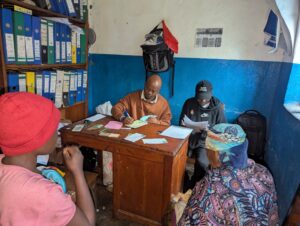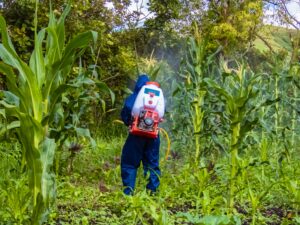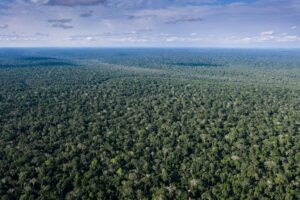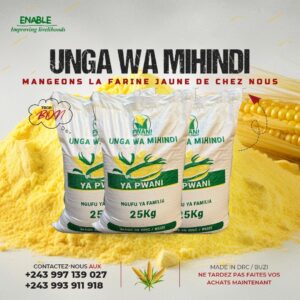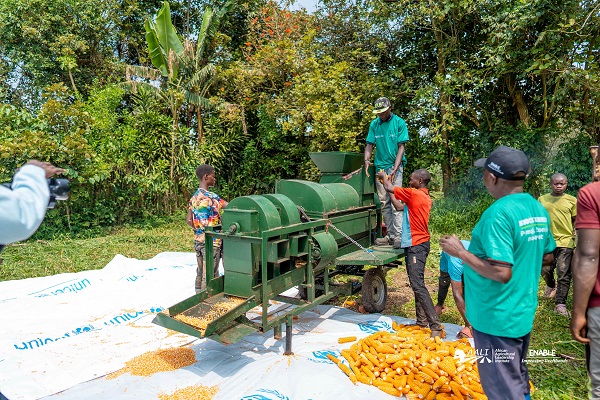
We
Enable
Cultivating Prosperity:
Empowering Communities
Across Africa.
|
ENABLE provides communities in Sub-Saharan Africa with the resources, knowledge, and support needed to overcome poverty, achieve food security, enhance well-being, and build resilient livelihoods through integrated programs in agriculture, community health, economic inclusion, education, protection, and emergency response.
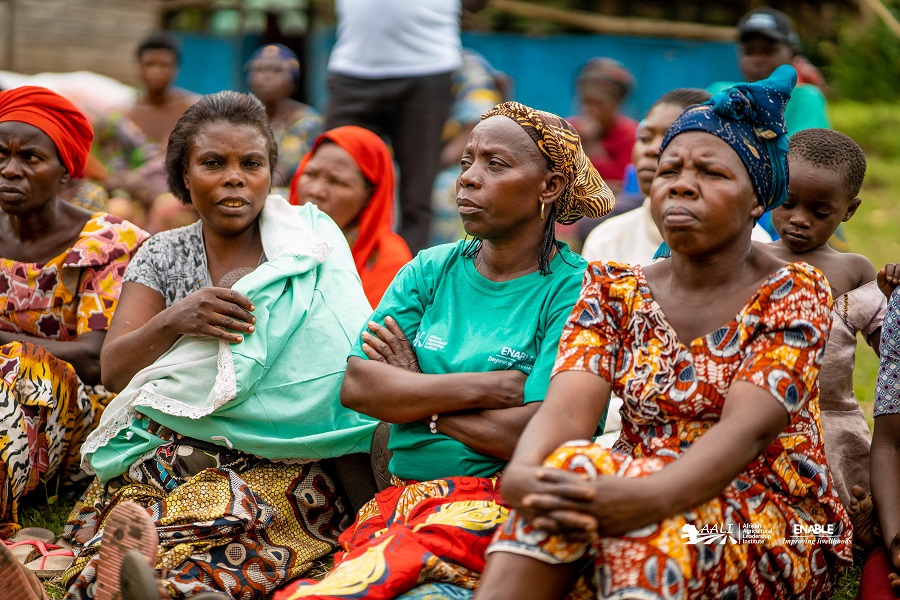
The Challenge
Breaking the Cycle of Poverty
In Sub-Saharan Africa, nearly half the population, including millions of dedicated farmers, struggles to survive below the extreme poverty line of $1.25 per day. Limited access to quality inputs, modern techniques, financing, and markets prevents them from reaching their full potential, trapping families in hunger and hardship. These challenges are often compounded by poor health outcomes, limited economic opportunities, conflict, displacement, and barriers to education and basic rights.
A fact in sSA: while women provide approximately 70% of the labor in the food sector, they often face lower access to essential resources like land, credit, and information compared to men.
Our solution
ENABLE: Sowing Seeds of Change, Building Resilience
ENABLE tackles these challenges head-on. We partner directly with communities, providing essential inputs, practical training, and market access for smallholder farmers. Beyond agriculture, we address interconnected needs through initiatives promoting community health and hygiene, fostering economic inclusion, expanding educational opportunities, protecting human rights, preventing gender-based violence, and providing timely emergency assistance. We equip individuals and communities with the knowledge and resources they need not just to survive, but to thrive.
Agriculture, Nutrition & Food Security
Activities provide farmers with access to improved seeds and tools and train them in sustainable crop, livestock, and fish farming practices. The work focuses on improving key value chains and links agricultural production with nutrition education and food security monitoring.
Health & Hygiene
Essential hygiene practices like handwashing and safe water storage (WASH principles) are promoted, alongside improved access to sanitation information. Health education sessions are conducted covering disease prevention, maternal and child health, and the importance of nutrition, complemented by partnerships with local health structures for referrals and campaigns.
Economic Inclusion
Economic empowerment efforts include supporting Village Savings and Loan Associations (VSLAs) and providing training in financial literacy and business management, alongside improving market access for producers. Where appropriate, vocational training and non-agricultural livelihood diversification are also supported.
Education & Capacity Building
Training and capacity building activities provide practical skills in areas like agriculture, health, and finance, plus basic literacy and numeracy. These efforts also strengthen community-based organizations and offer technical assistance to private sector and other relevant organizations.
Protection & Gender Equality
Protection activities focus on preventing and responding to Gender-Based Violence (GBV), empowering women, and protecting children. They also work to raise awareness about fundamental human rights, including land rights, and advocate for vulnerable populations such as internally displaced persons.
Emergency Assistance / Emergency Aid
In response to conflicts, natural disasters, or displacement, timely and culturally appropriate emergency aid is provided, including essential food supplies, non-food items, emergency shelter, and access to safe drinking water. These efforts are coordinated with other humanitarian organizations with the aim of linking relief interventions with early recovery and long-term resilience-building.
01
Provitamin A Maize Variety
In 2024, 320 maize farms were established across Nyiragongo, Masisi, and Kalehe territories with the objective of boosting production. These farms varied in size, ranging from a minimum of 0.3ha to a maximum of 2.6 hectares. To improve farming practices and training, demonstration plots using farmer school models were introduced.
02
Seed Production
Four hectares were used to produce biofortified maize seed with an average yield of 3 tons per hectare, while three hectares were dedicated to multiplying iron common bean seed for sustainable nutrition. Trials of promiscuous soybean varieties were also conducted to identify those suitable for integration into maize systems.
03
Seed Loan initiative
In July 2024, 8 tons of maize seed covering 320 hectares were distributed as loans to 640 small-scale farmers. This intervention, combined with training, led to a tripling of yields from 1 to 3 tons per hectare by harvest time, enhancing farmers’ competitiveness in agricultural business.
Measurable Change, Lasting Difference Across Communities
05
Transport
04
Scaling and Sustainability
For the year 2025, coinciding with production cycles 4 and 5, plans aim for maize to cover 3500 farmer plots across North-Kivu and South-Kivu. This is expected to deliver 70,000 tons of maize grain to the market. Furthermore, processing centers for maize flour will be built along marketing centers in production zones to significantly reduce maize imports in these provinces by working along crop value chains.
06
Education
Collaborate for Greater Impact
Measurable Change, Lasting Difference
We seek partnerships with corporations, foundations, institutions, and other NGOs who share our vision for holistic community development. Let’s work together to scale solutions across health, education, economic development, protection, emergency response, and sustainable agriculture.


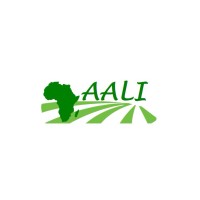

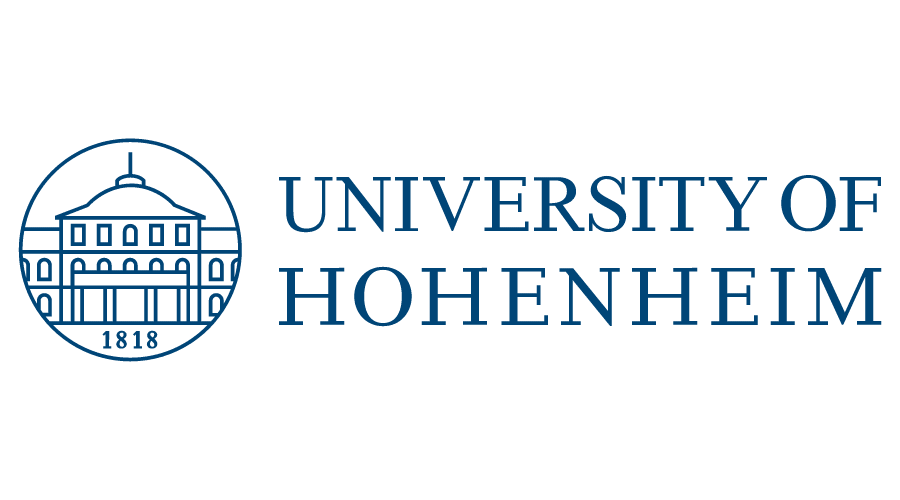

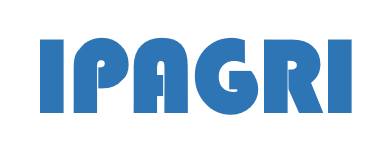
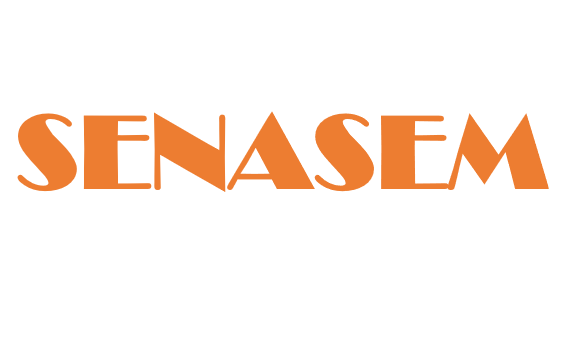
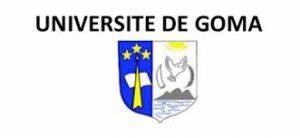
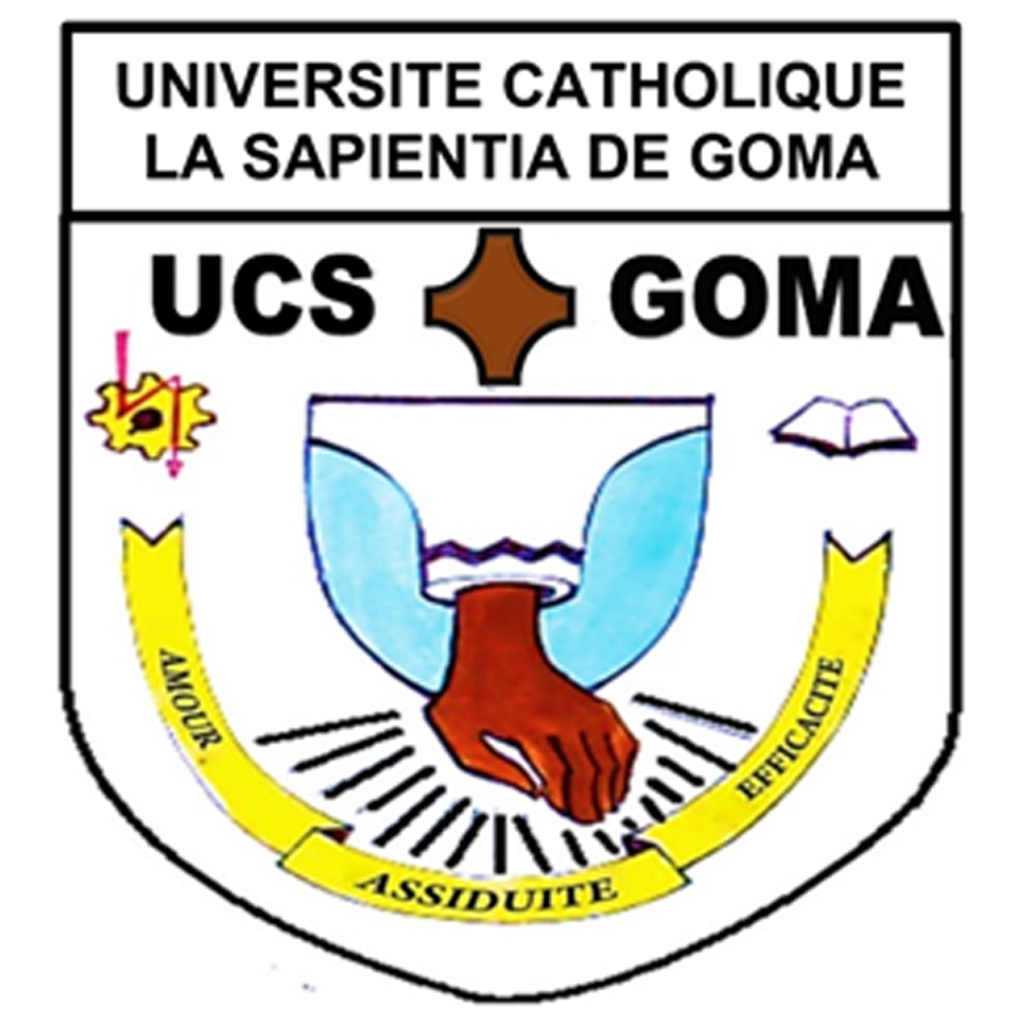
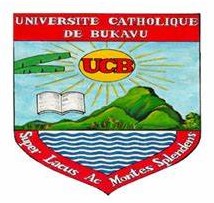
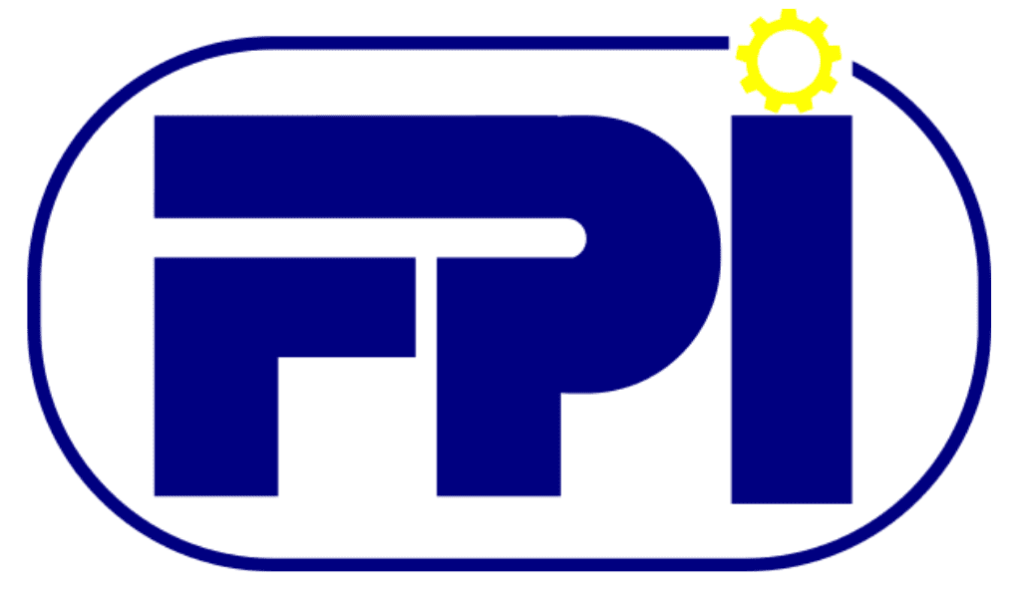
Meet Our Team!
ENABLE is guided by a dedicated team and a diverse steering committee committed to agricultural transformation in Africa. Key leadership includes individuals with deep expertise.

Dr. Isaac Balume
PhD, Tropical Agriculture, University of Hohenheim, Germany

Dr. Juste Yamoneka
PhD, Food Engineering, University of Gembloux, Belgium
The team includes other members with varied backgrounds, collectively contributing extensive experience in agriculture, community development, research, and management, ensuring strong governance and strategic direction.
Our Gallery
Our operations began and are strongly rooted in the Democratic Republic of Congo, particularly in the Eastern provinces surrounding our Goma headquarters.
Recognizing the shared challenges across the continent, ENABLE is actively working and expanding its programs into other Sub-Saharan African nations.

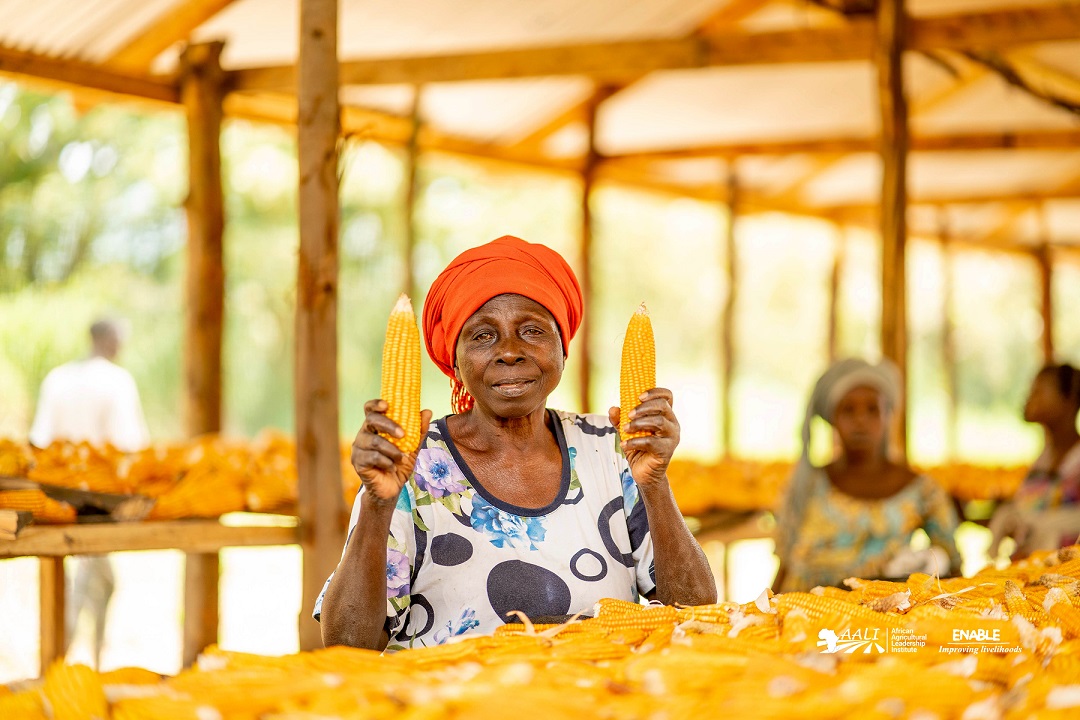
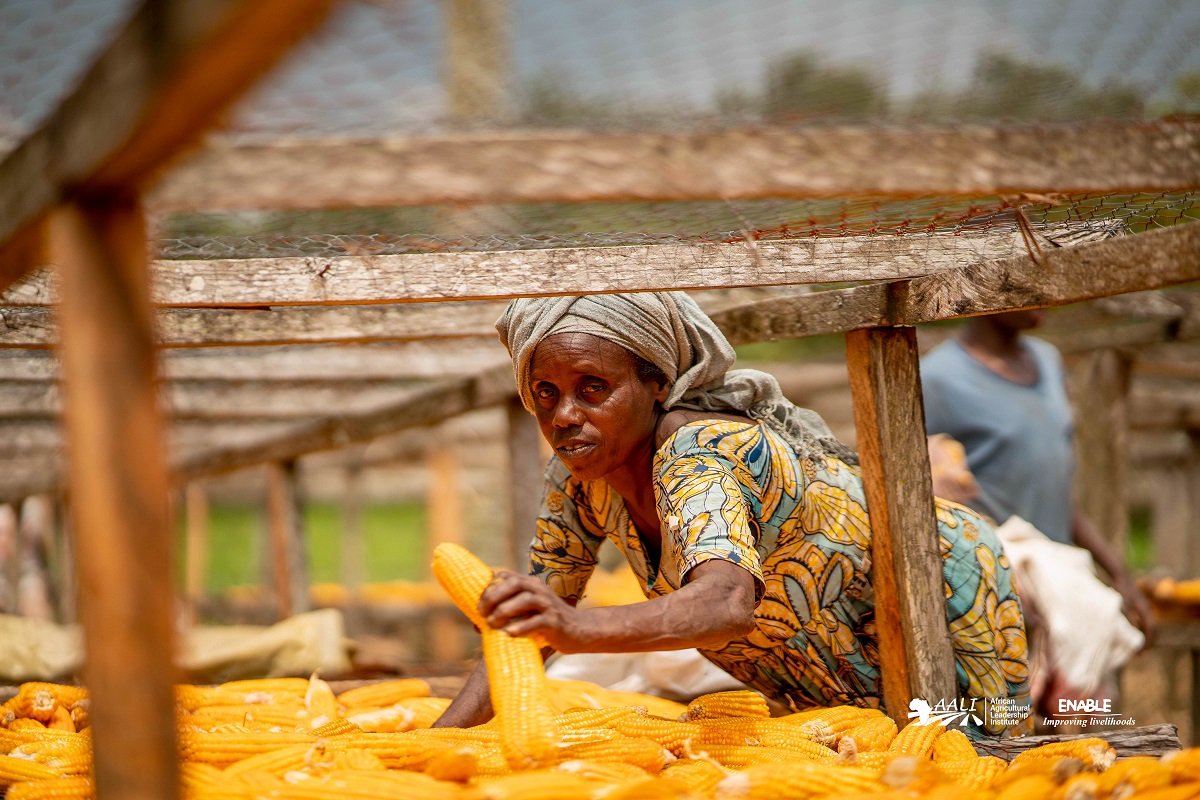
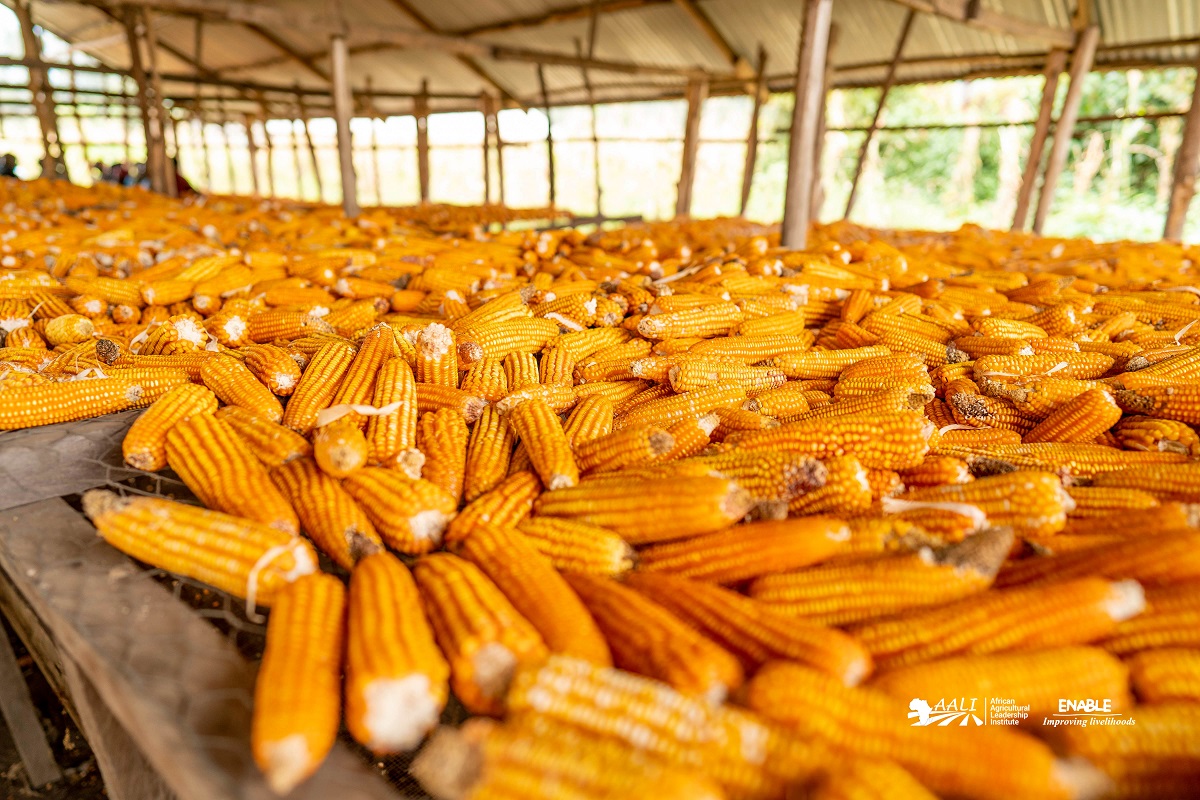
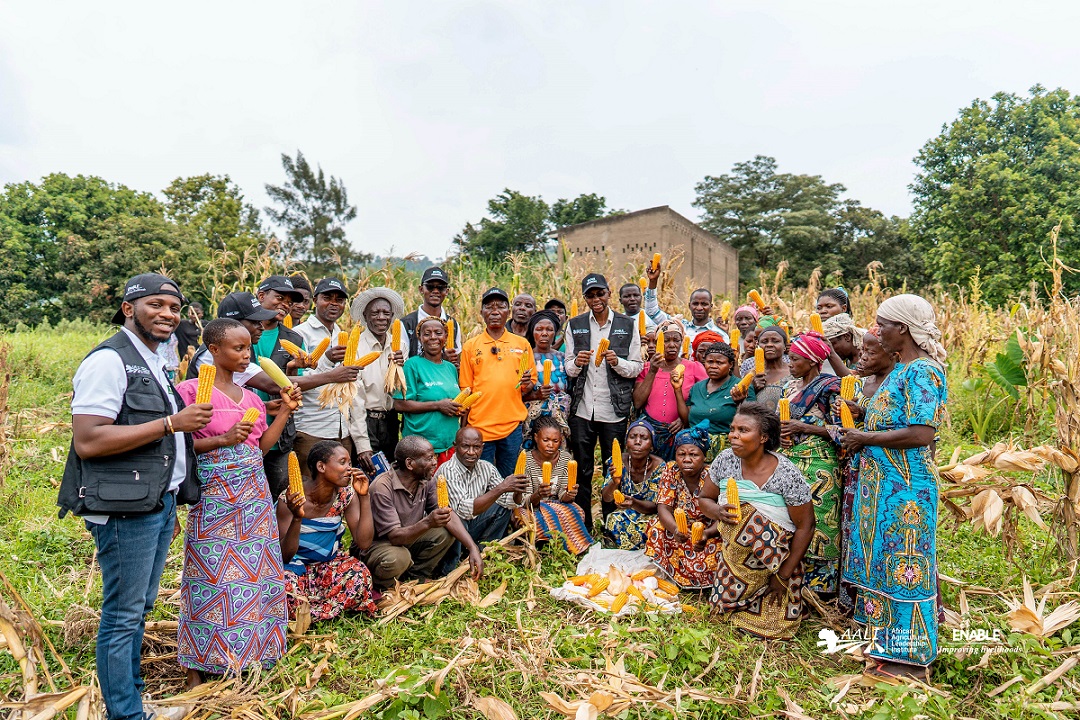
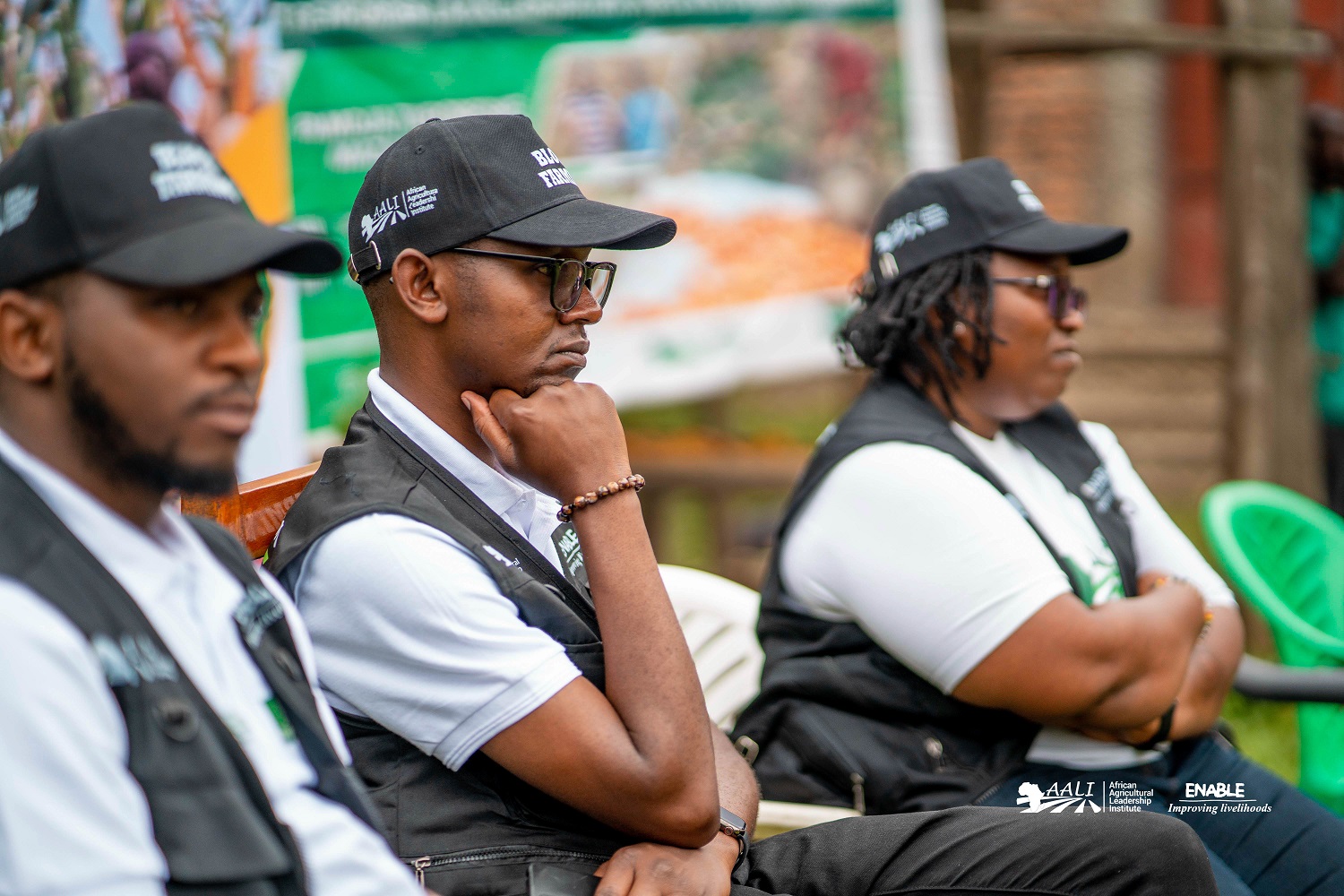
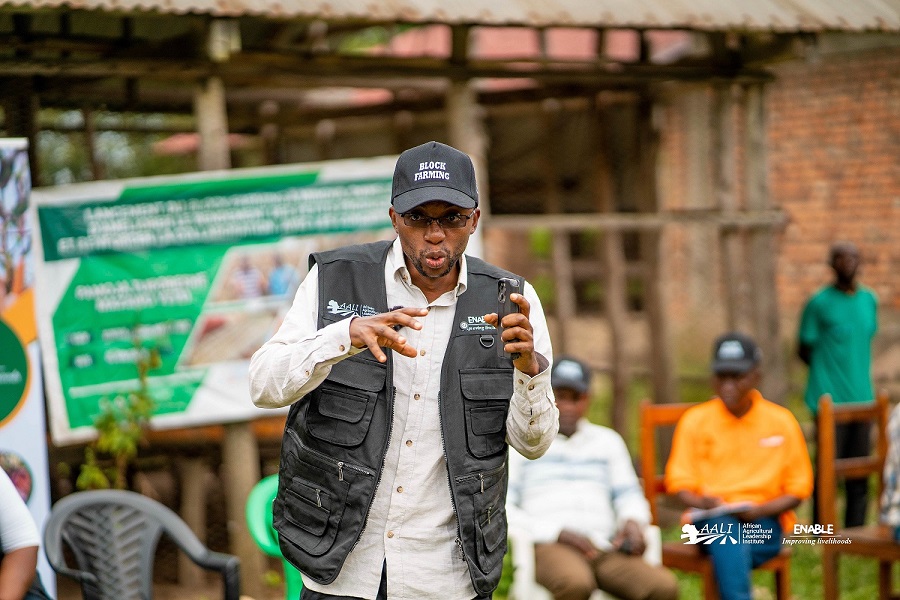
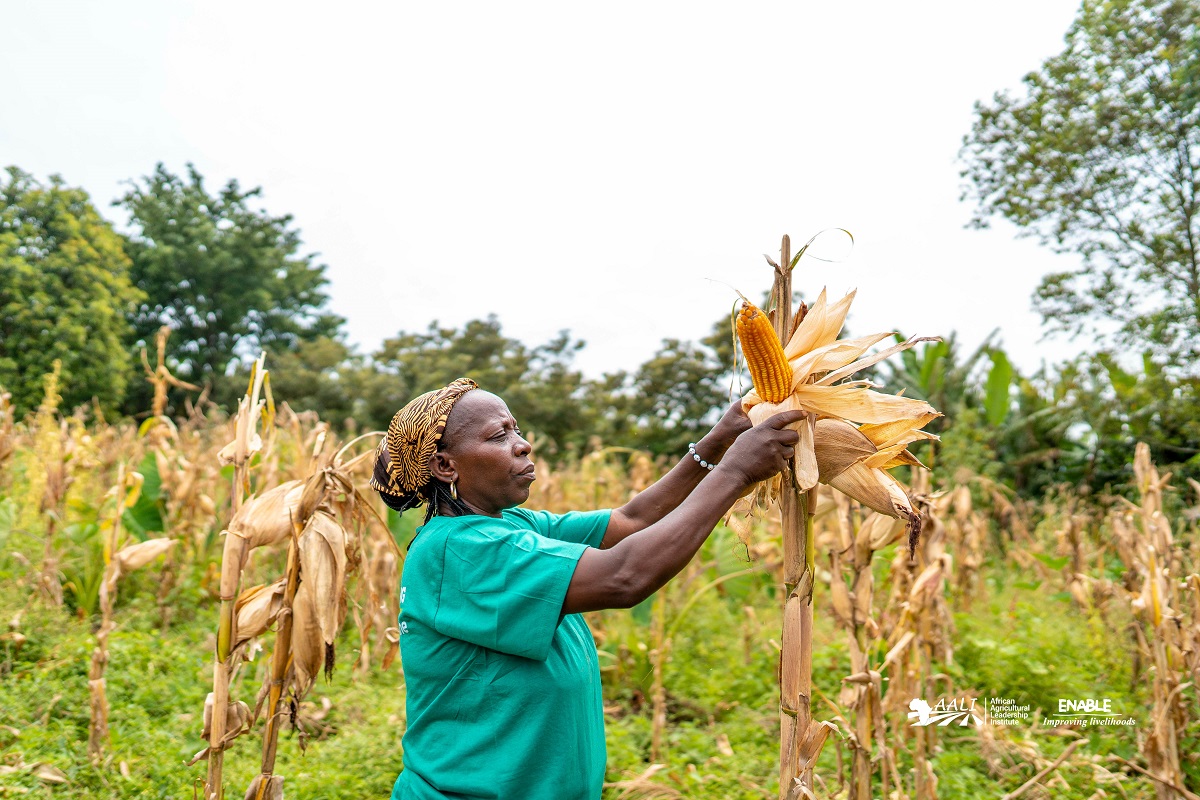
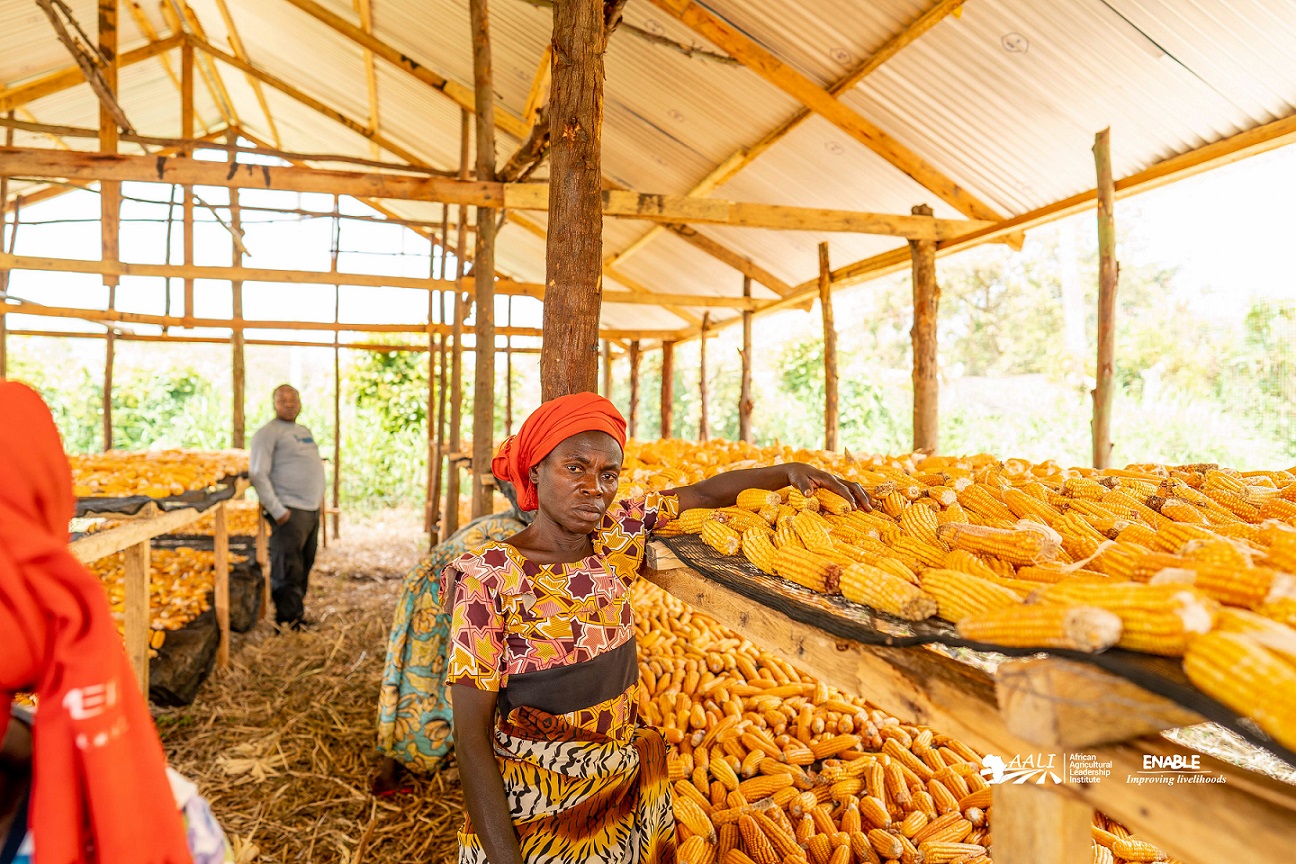



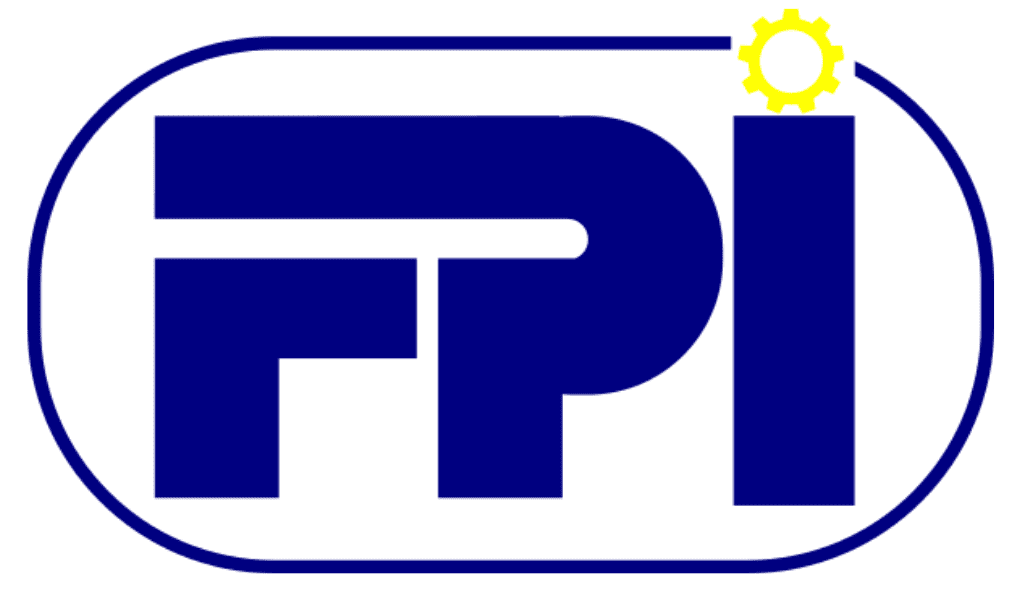







We welcome your questions, feedback, and collaboration inquiries
News & Updates
Project updates from the field (DRC and other countries)
ENABLE implements integrated programs designed to boost farm productivity, diversify income streams, and improve nutrition for smallholder families.
- All Projects
- Publications


